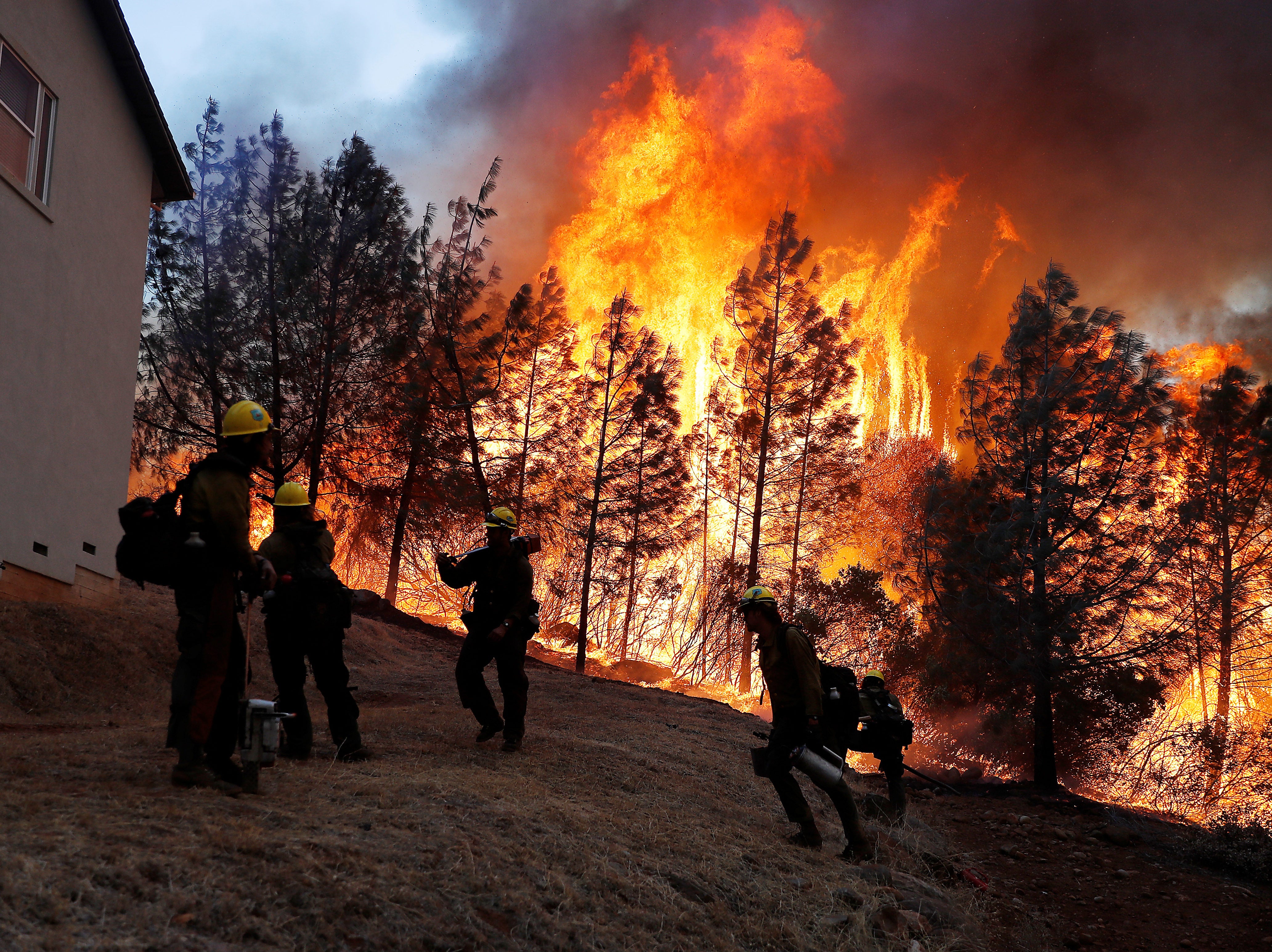
The Guardian has changed its reporting guidelines on issues facing the environment, encouraging journalists to use phrases stronger than “climate change”.
Reporters at the title will now be expected to refer to climate change as the “climate emergency, crisis or breakdown” in line with its updated style guide.
The Guardian also said “global heating” will be preferred to “global warming”, while “climate science denier” will replace “climate sceptic”.
However none of the original phrases have been banned outright by the paper.
In April the Guardian added the global carbon dioxide level to its weather page in the newspaper, alongside year-on-year comparisons, in the hope this will “maintain attention” on the issue.
Guardian editor-in-chief Katharine Viner said today: “We want to ensure that we are being scientifically precise, while also communicating clearly with readers on this very important issue.
“The phrase ‘climate change’, for example, sounds rather passive and gentle when what scientists are talking about is a catastrophe for humanity.”
“Increasingly, climate scientists and organisations from the UN to the Met Office are changing their terminology, and using stronger language to describe the situation we’re in.”
Met Office Professor Richard Betts told the UN climate summit in December last year that the phrase global heating is “technically more correct”, the Guardian reported.
The UN has also taken to using the phrase “climate emergency”, as seen in a March article by Secretary-General Antonio Guterres.
The newspaper’s updated style guide also takes aim at woolly phrases around the issue.
The guidelines ask for “wildlife” to be used instead of “biodiversity” and “fish populations” over “fish stocks”.
Changes to the newspaper’s style guide follow several high-profile warnings about climate change.
Parliament declared a climate emergency earlier this month after Labour leader Jeremy Corbyn put a motion before the Commons.
It came in the wake of a UN report warning that global emissions had to be halved by 2030 to stop the risk of some natural disasters rising.
Picture: Reuters/Stephen Lam
Email pged@pressgazette.co.uk to point out mistakes, provide story tips or send in a letter for publication on our "Letters Page" blog

